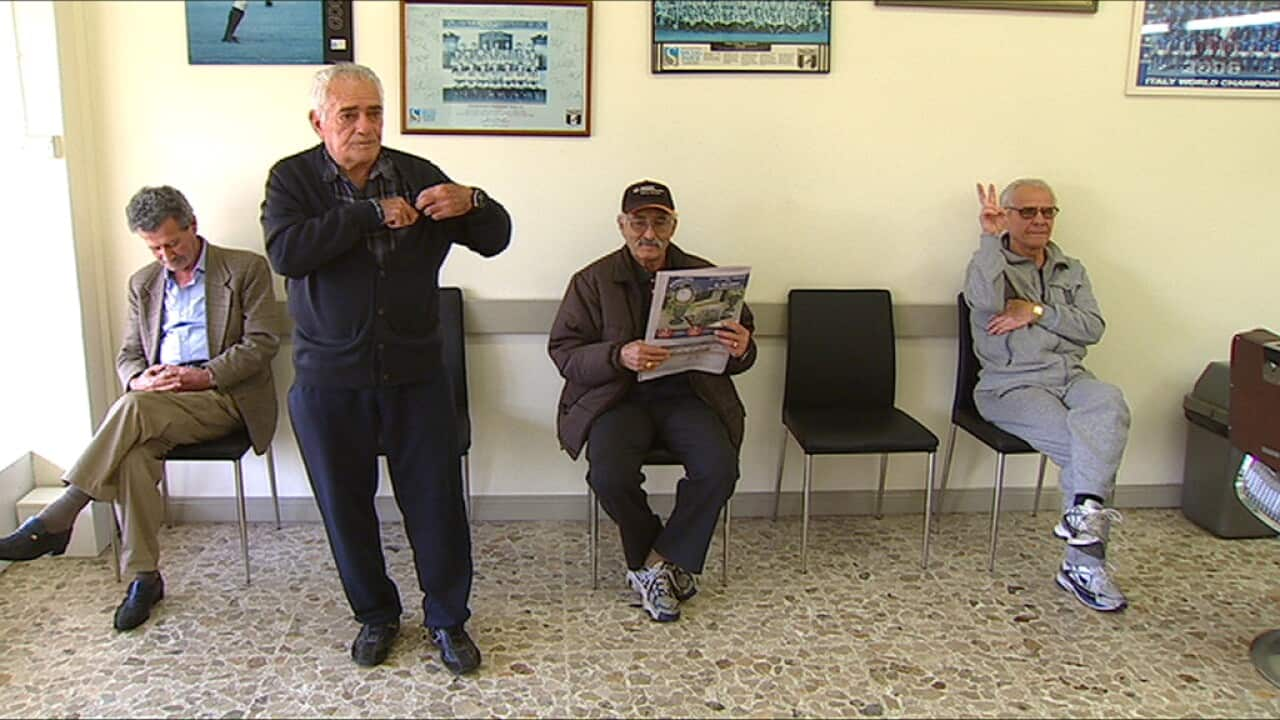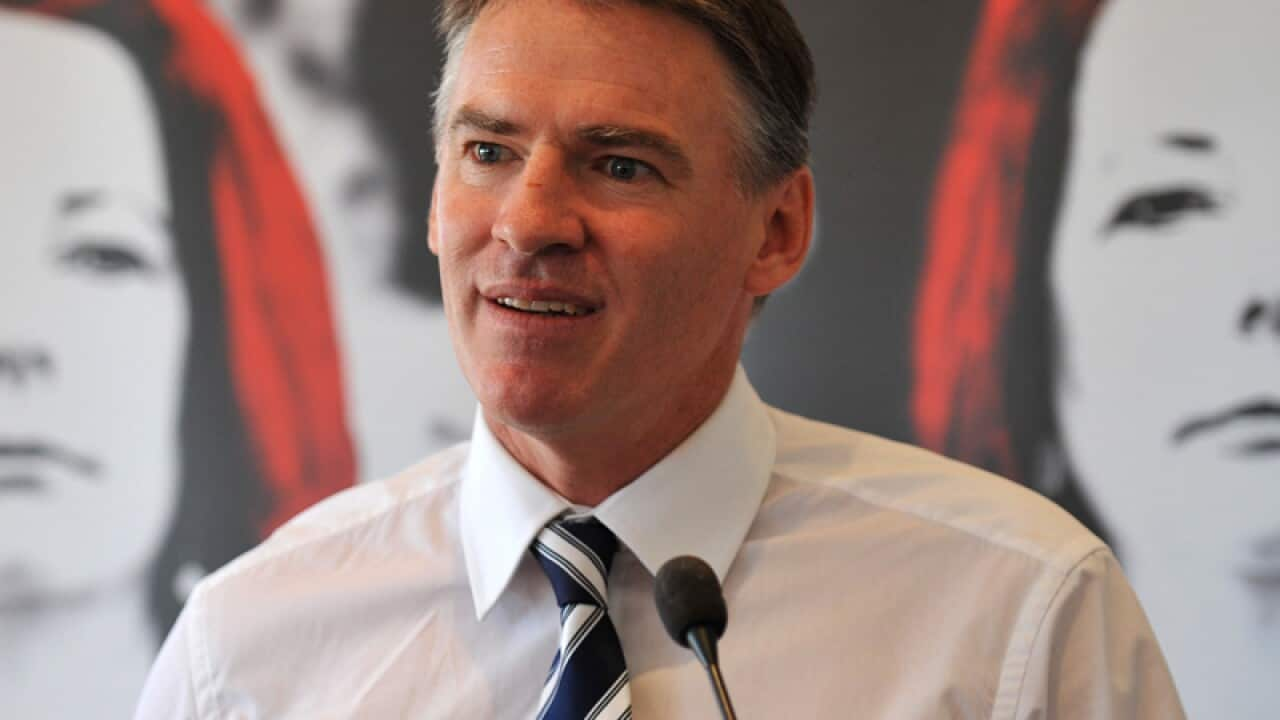Australians have begun casting their ballots for the federal election as early voting gets under way.
It's compulsory for all Australian citizens to vote in the federal election, but not everyone has to cast a ballot on July 2.
It's expected that a record number of voters will go to the polls early in this election, topping the 2013 election record of 27 per cent.
Voters can either pre-poll vote via post or go to an early voting centre.
Electoral commission spokesman Phil Diak said while he expected early voting to exceed the 2013 record, voters should remember they must have a valid reason to vote ahead of July 2.
"At this election, the AEC will be asking people who go and have a pre-poll vote the question whether they are entitled to have an early vote. Early voting is not just for personal preference or convenience, it's for people who are unable to go to a polling place in their home electorate on election day."
Related reading

Election 2016: Can the Greens win the Vic seat of Batman?
Voters must be outside their electorate where they are enrolled to vote, at work, seriously ill, in prison or have religious beliefs that prevent them going to a polling station, if they wish to vote early.
July 2 falls within school holidays for every state but South Australia.
Dr Peter Chen, a senior lecturer in politics at the University Sydney, said he expected this to increase pre-voting.
"I think it's very likely that we might see as much as about 30 per cent of the electorate early voting and that's for two reasons: the first is that there has been year-on-year a rise in early voting over the last few decades and the second is that the election is going to be held during the school holidays and so as people will be going away they'll also take the opportunity to vote early," he said.
Dr Chen said early voting had changed how politicians campaign.
He said candidates used pre-poll voting as a way to lock in votes, and they even encourage it.
Related reading

Oakeshott takes fresh shot at election
"Parties have to expect that people will vote early and thus defect at any time and so they can't structure their campaign and their narrative in the way they once did," he said.
"It's changed the way they campaign. It's changed the political logic of the way in which elections are fought and it also means that elections might be actually won or lost well before the actually voting day because it only requires a small amount of votes to change, to create a significant outcome in a tied election like this."
Australians overseas on July 2 can also vote at centres across the world from next week.
Voting information will also be available in 27 languages.
Kristen, an overseas voter, said she was told before leaving Australia a postal vote may not reach her in time to be counted so she'll be voting at the Australian embassy in London.
"I just wanted to make sure that my vote actually did register so I'm going to go into the embassy in London to vote, into Australia House," she said.
"I think it's really important because, to be able to be part of democracy you need to be able to participate and at times when you're travelling for work or for family, or there's a whole range of circumstances that can make it difficult to vote on the day, so being able to vote early I think is really critical."
Share

